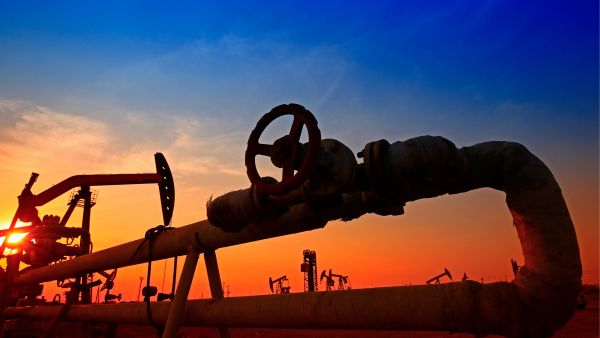Today, the European Parliament is set to adopt new rules to combat unfair cheap imports. Under the new rules higher tariffs can be imposed against dumped or subsidised imports from non EU-countries to better protect European jobs and industries.
David Martin, S&D MEP and negotiator on the protection against dumped products said:
“With President Trump aggressively pushing US trade interests, even at the cost of breaking international rules and long-standing friendships, some wonder if the EU is doing enough to protect its workers and companies. But that we uphold the rule of law does not mean we are naïve free traders. We want trade to be not only free, but fair, and we are determined to protect European workers and industries from unfair competition.
“The EU will now be equipped with stronger trade defence instruments against dumped and subsidised products and I am proud that we managed to improve them substantially even against resistance from some member states. The new rules are not perfect, but they are better than what we have in place now. Yet, I hope that in the future member states will be more courageous and equip the EU with all the tools needed to forcefully tackle dumping from China and others.”
Alessia Mosca, S&D spokesperson on trade said:
“After five years, member states finally put their differences aside and gave their green light to a reform of the EU’s trade defence instruments. The European Parliament, and the S&D in particular, have called for this for a long time.
“The Socialists and Democrats are proud that we managed to include social and environmental clauses in the new rules. It is unfair that only European workers and businesses are expected to shoulder the costs for sustainable development. From now on, costs linked to companies’ compliance with the EU’s high environmental and labour standards will be taken into account when calculating anti-dumping duties. Only a global agenda for sustainable development can be a credible one.
“We want a Europe that protects. With the strengthened trade defence instruments, Europe will be better equipped to tackle some of the most dangerous effects of globalisation. To foster our social model we must use the weight of our internal market, the biggest worldwide, to project and promote our standards. Our message is clear: if you want to do trade with us you must respect our values.”
Note to the editor:
The modernisation of the EU’s regulation on dumped and subsidised imports comes as part of a broader updating of the EU’s 1995 trade defence law.
The European Commission put forward its proposal already in 2013, to which the European Parliament adopted its negotiating mandate in February 2014, but the European Council stalled negotiations for years.
During the negotiations Euro MPs ensured that investigations into anti-dumping cases would be shorter and more transparent; an SME help-desk will deal with complaints and investigative proceedings; trade unions will be involved in these investigations and also in assessing duties. The Socialists and Democrats especially pushed for, and obtained, that costs linked to companies’ compliance with the EU’s high environmental and labour standards will be taken into account when calculating anti-dumping duties; as well as including continental shelves and economic exclusive zones in the regulation to close existing loopholes.








